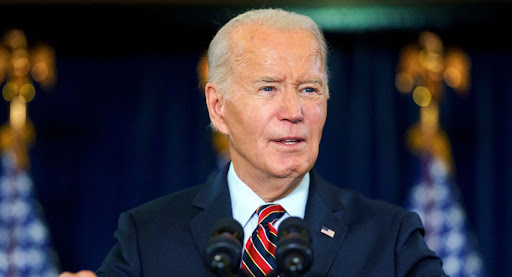The Biden administration announced a Section 301 investigation Monday targeting China’s semiconductor industry, alleging Beijing’s unfair trade practices have created global dependencies and harmed competition in the microchip market. This marks the latest move in a series of U.S. efforts to curb China’s growing influence in the technology sector.
Focus on Legacy Chips
The probe zeroes in on China’s production of legacy chips—semiconductors used in a wide range of products, from vehicles and household appliances to telecom equipment. The White House asserts that China employs non-market practices, including subsidies and state coordination, to dominate the semiconductor sector, which poses risks to global supply chain stability.
“China routinely engages in non-market policies and practices that enable [its] companies to significantly harm competition and create dangerous supply chain dependencies in foundational semiconductors,” the White House said in a statement.
Potential Sanctions and Timelines
Launched under Section 301 of the Trade Act of 1974, the investigation could lead to new tariffs or penalties, though any concrete action will take time. Section 301 probes typically last 12 to 18 months and require public consultations before sanctions are imposed.



